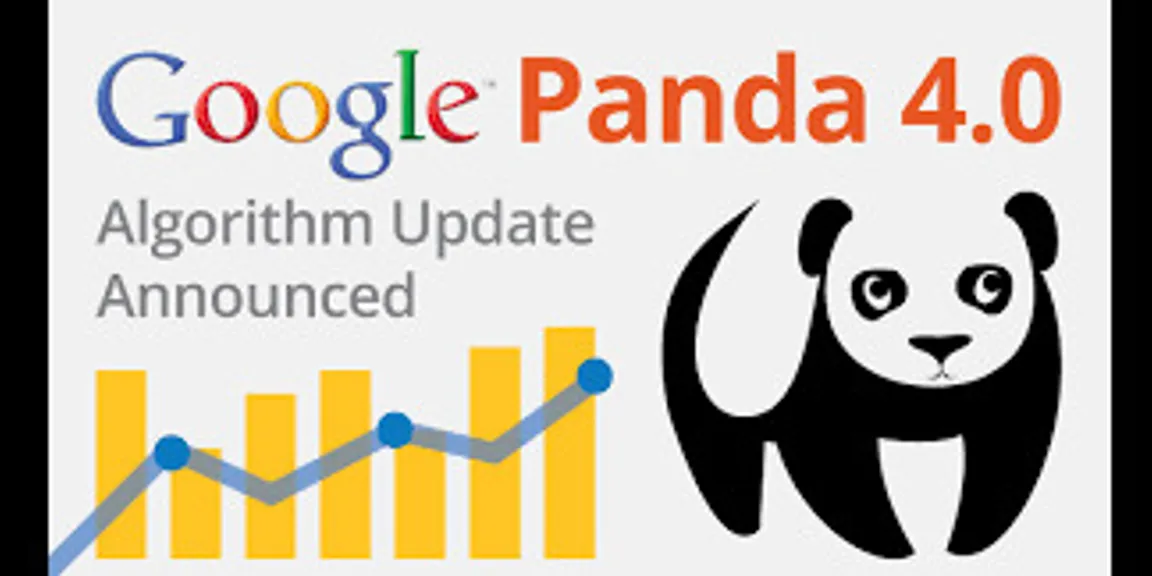

Google Major Algorithmic Update
Searchers need a solution for their inquiries. For any pursuit, there are a huge number of results that offer a potential connection with the inquiry.
Searchers need a solution for their inquiries. For any pursuit, there are a huge number of results that offer a potential connection with the inquiry. Thus, web crawlers need to perform three objectives:
1. Disqualify every one of the websites that aren't pertinent.
2. Return a rundown of websites that are pertinent.
3. Rank and organise those websites.
Since no single element is adequate to give these bits of knowledge, Google and other web crawlers use complex calculations that mix many components. The definite recipe isn't known, yet a scope of themes is considered. These include:
Link power: Number of inbound links, quality of inbound links etc.
On page variables: Such as page title and description tags, page load time, internal linking etc.
Brand measurements: Search volume for the brand, customers feedback and reviews etc.
Content: Relevant, unique and fresh content, involvement of social media etc.
The point when you think you've understood a particular point of interest of Google's algorithm, it' is significant to know that updates happen constantly. Keeping in mind the dates of these Google updates and remaining focused of how things are advancing, site proprietors stand the most obvious opportunity of creating and executing techniques that can bring extraordinary ranking.
In the past couple of years, Google major algorithmic updates (such as Google Panda and Google Penguin) have hit site proprietors particularly hard. These have concentrated on two key factors: quality of content and quality of backlinks. It is better to discuss these Google upgrades separately.
What is Google Panda? Google dispatched Panda in February 2011. It is also known as Farmer Update. The principle reason for the upgrade was to keep those low quality and irrelevant content websites far from the top positioning results and give the genuine quality sites their due.
As a result, numerous sites with an excessive amount of marketing, or those with thin and duplicate content, saw a gigantic decrease in the rankings. Following the time when Panda was dispatched, content marketing has gained importance with an emphasis on blogging, creating off-page content through techniques like guest posting and social media posting.
What is Google Penguin? Another major upgrade from Google that gave SEO specialists a huge blow was Penguin. It was dispatched in April 2012. Also known as Over Optimization Penalty, the sole purpose of the update was to penalize site owners using black hat SEO strategies for link building such as keyword stuffing, link farming, duplicate and irrelevant content etc.
It is during this time Google came up with a new tool called disavow links tool. Site owners can easily use this tool to get rid of the unnatural or low quality links. After Google Penguin rolled out, site owners started focusing on quality and source of link. Getting back links from non-relevant sites such as a car repair site even though your site is selling vitamins is a strict no-no in an era of penguin.






